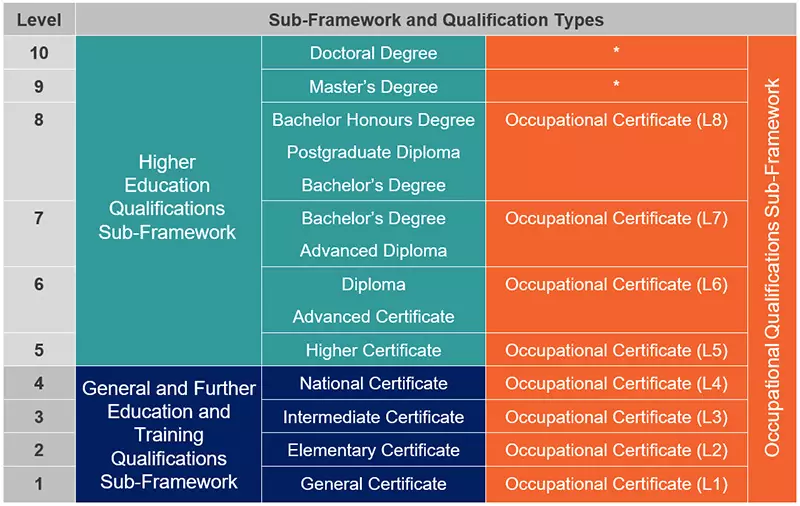Managing Director at Pragma, Alan Tait, recently delivered an address at the African Utility Week (AUW) conference, which took place from 21 to 23 May 2012 at the NASREC centre in Johannesburg.
Tait focused on Zero Unplanned Stops (ZupS), is a group of business processes aimed at a culture of continuous improvement in the whole company (company-wide). It is based on reliability engineering and change management practices and is the next level of physical asset management (PAM) service after maintenance management.
Said Tait: “ZupS has been created to prevent downtime and slow running. In order to prevent downtime and slow running, plants need to be operated within specification, machines need to be kept clean and in good shape, preventive maintenance needs to be done, and the root causes of stops need to be analysed and eliminated.
“Downtime can further be reduced through efficiency by monitoring the conditions to predict failures, through operator asset care, effective maintenance planning and/ or scheduling as well as SMED, to minimise changeover downtime.”
He continued: “Furthermore, waste needs to be eliminated by reducing the production of material waste, reduce energy waste, reduce overtime and reduce unnecessary MRO stock.”
ZupS can effectively be implemented for production equipment, services, support equipment and facilities or infrastructure. “An Asset Management Improvement Plan (AMIP) is a prerequisite for ZupS, which includes 17 key performance areas. The other key performance indicators include a high level of loss and waste analysis in rand terms, the identification of leverage areas from best practices as well as the proposal of initial FI (Focused Improvement) projects for savings. These can be used to justify the bigger ZupS programme. The AMIP will be the deciding factor in whether one should start with maintenance management, maintenance management with FI business process or ZupS.”
Tait continued: “A ZupS client understands world class manufacturing or TPM, has the resources for implementation (which includes facilitators, trainers and technical staff) and see major opportunities for performance improvement or cost savings. Furthermore, the company should have a culture of measurement and improvement, absolute commitment from senior management and a dedicated champion, as well as the budget and appetite for such a big intervention.”
The ZupS road map includes several steps. “Firstly, we use the physical Asset Management Improvement Plan framework which includes the strategic planning phase, followed by the execution. This is followed by performance measurement and focused improvement. In Pragma’s ZupS portfolio, asset care service, specialised training as well as the tools and software required to consulting and projects are offered.”
On how PAS 55 links with ZupS, Tait commented: “ZupS has a very close correlation with PAS 55. ZupS assumes a policy is in place. Also, without a strategy and plans as required by PAS 55, ZupS will not be successful. One of the main elements of ZupS is our Focused Improvement (FI) business process – this element of PAS 55 fits in 100% with our FI process. ZupS is based primarily on our AMIP framework and planning process, which stipulates regular management review, thus in line with PAS 55.”
